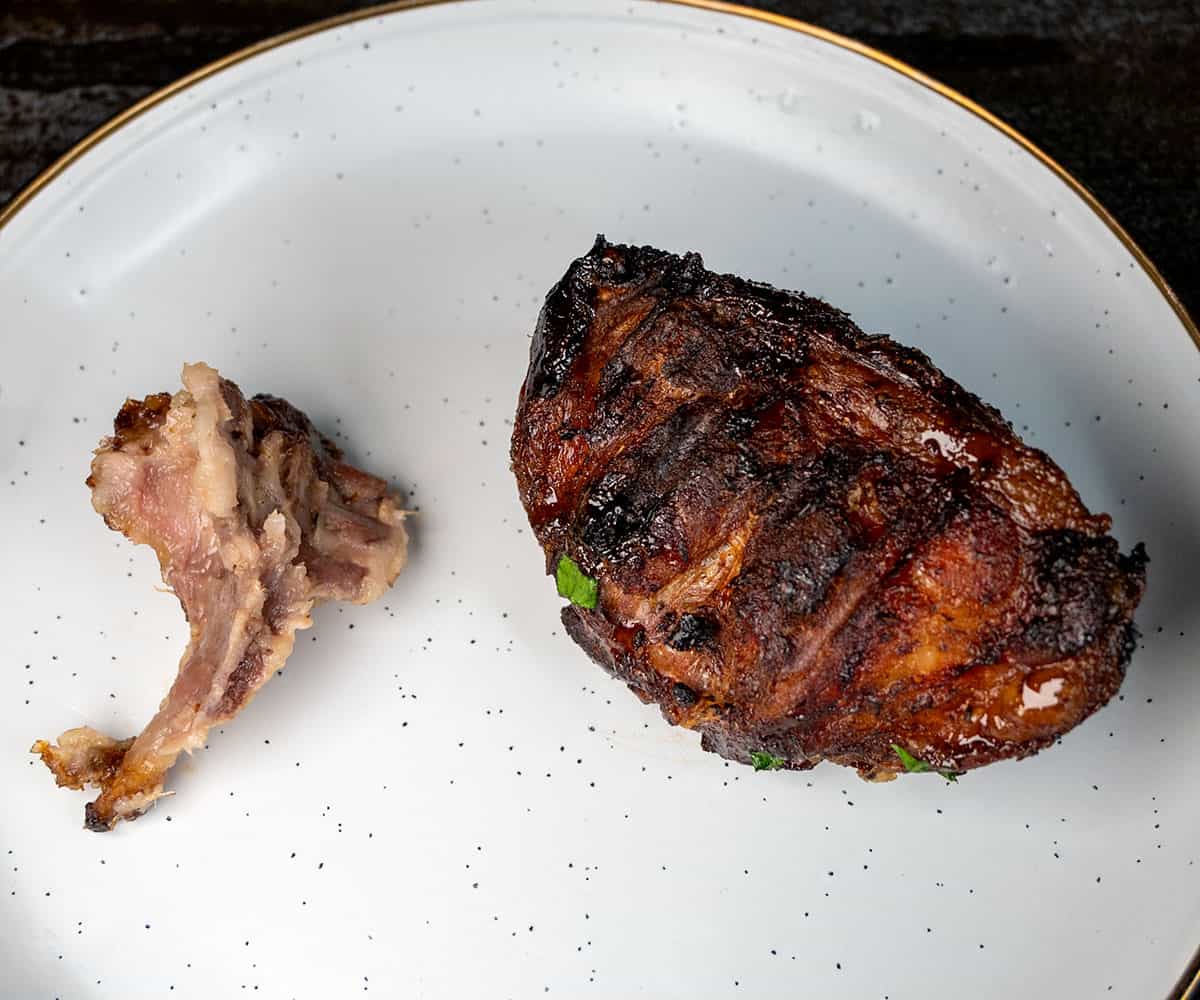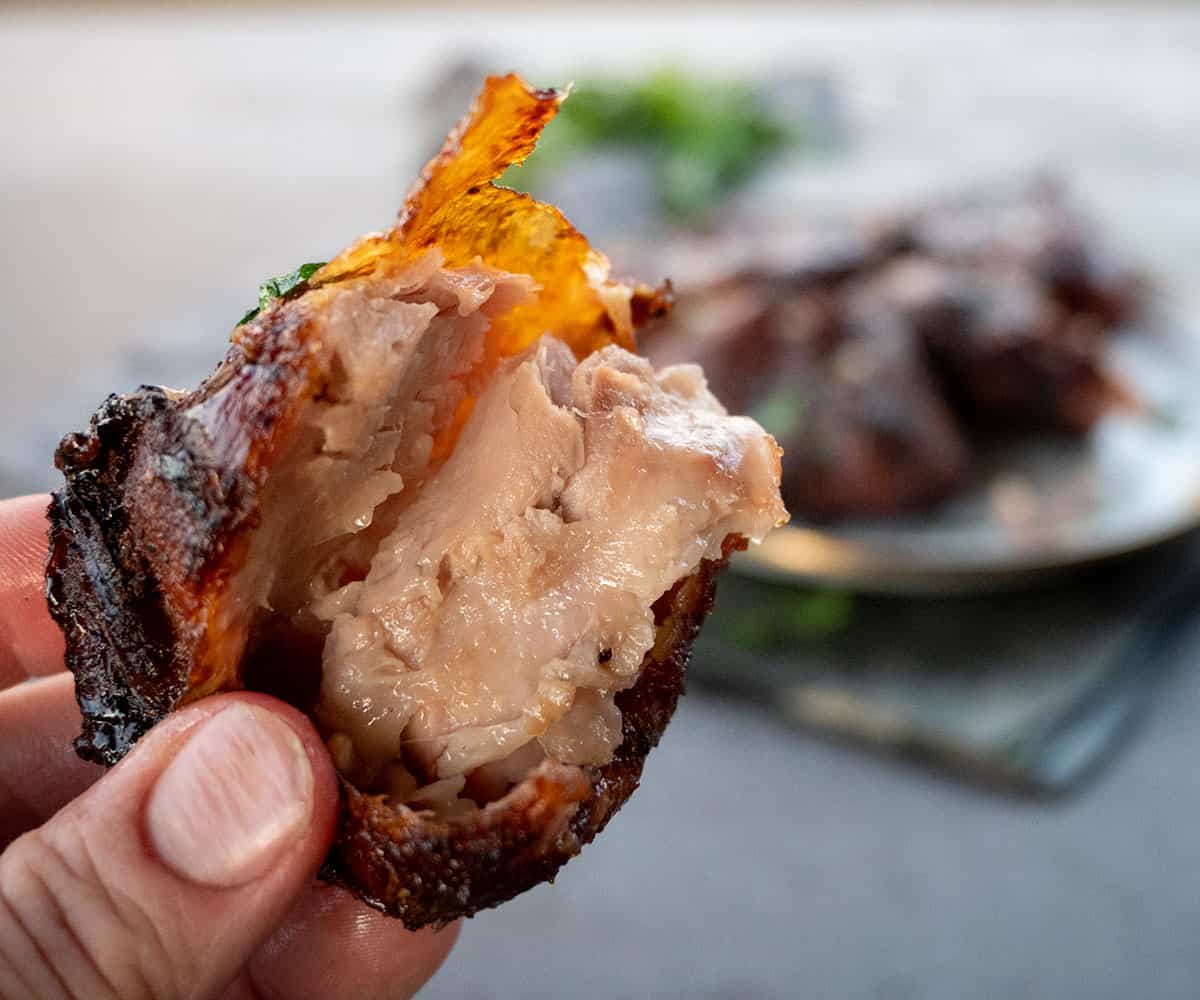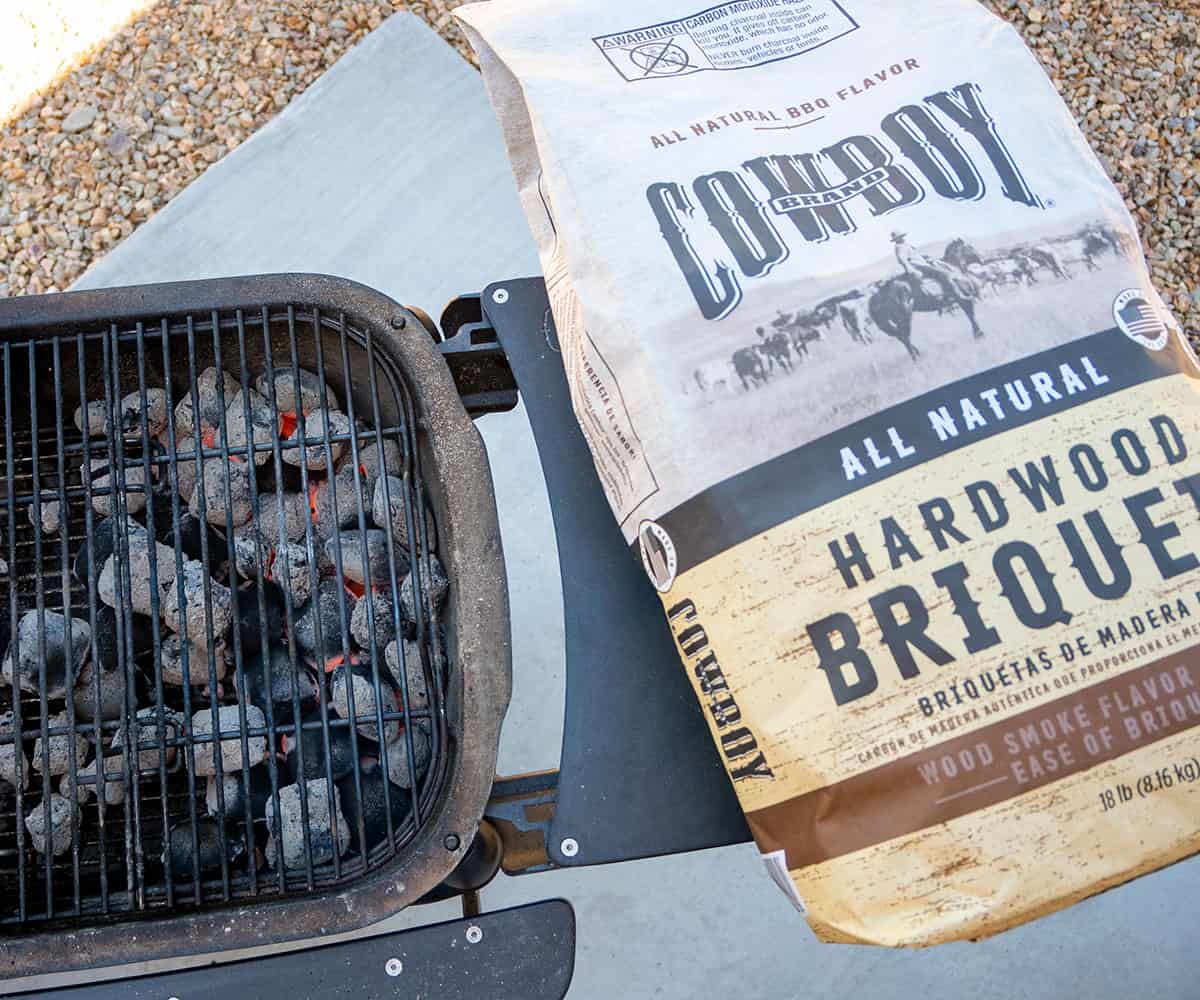Smoked turkey tails are so indulgent they’re like the pork belly of the bird. Here’s everything you know about how to smoke them.
Turkey tails are an underappreciated and often overlooked cut of meat that can provide a delicious and unique culinary experience when prepared properly. With the right techniques, these bony, fatty tailpieces transform into succulent, flavorful morsels that are sure to be a hit at the dinner table. The keys are choosing the right cooking method and cook time to draw out the best textures and tastes these odd-looking parts have to offer.
For those unfamiliar turkey tails are the tailbone of the turkey, attached to some skin meat, and fat. They are commonly discarded during processing, but have been embraced in certain food cultures, like Southern soul food cuisine. Though they contain a high percentage of fat, turkey tails can provide a rich, meaty flavor when cooked low and slow.
The first step is sourcing fresh, high-quality tails Look for plump, meaty tails without defects or blemishes If you’re planning to smoke or grill the tails, go for an untreated variety to get the best smoke absorption. Choose enhanced or seasoned tails for boiling, braising, or roasting applications.
Key Factors That Determine Cook Time
Several factors affect how long it takes to cook turkey tails to tender, fall-off-the bone perfection:
1. Cooking Method
The technique you use can significantly impact total cook time. Moist methods like braising may take 2-3 hours, while quick, hot cooking on the grill may finish tails in 30-60 minutes. Consider the texture and flavor you want before deciding on a cooking method.
2. Thickness and Size
Larger, meatier tails will need more time to become tender than thin, smaller pieces. Cut thicker tails in half to promote even cooking if you’re pan frying or grilling.
3. Bone-In vs Boneless
Bone-in tails will require longer cooking than boneless to break down the cartilage and connective tissues. Opt for a moist cooking technique like braising or stewing for bone-in.
4. Desired Texture
Cooking time also depends on your desired level of doneness. Pull tails at 160°F for lightly cooked meat or up to 205°F for fall-off-the-bone shreds.
Recommended Cook Times by Method
Now let’s explore approximate cook times for various preparations:
Braising and Stewing
- Bone-in: 2-3 hours
- Boneless: 1 1⁄2 – 2 hours
Roasting and Baking
- Bone-in: 1 1⁄2 – 2 hours at 300-350°F
- Boneless: 45 mins – 1 hour
Grilling and Broiling
- Bone-in: Indirect heat at 250°F for 1 1⁄2 – 2 hours
- Boneless: 8-15 minutes direct heat
Smoking
- Bone-in: 250°F for 2-3 hours
- Boneless: 1 1⁄2 – 2 hours
Deep Frying
- Bone-in: 5-7 minutes at 350°F
- Boneless: 2-3 minutes
Pressure Cooking
- Bone-in: 25-35 minutes
- Boneless: 15 minutes
Monitor internal temperature and use visual cues like meat pulling away from bone or fork tender meat rather than relying solely on time. Be ready to adjust cook time as needed based on the particular tails you are working with.
Putting Cook Times to Use in Recipes
Armed with approximate cook times, you can confidently add turkey tails to your soups, stews, greens, beans, and more. A few recipe ideas to try:
- Smoked Turkey Tail Collard Greens – Smoked tails only need an hour or two to heat through and impart flavor.
- Turkey Tail & Bean Stew – Braise bone-in tails for 2-3 hours until tender.
- Crispy Roast Turkey Tails – Roast boneless tails at 425°F for 45 minutes to an hour.
- Grilled BBQ Turkey Tails – Grill over indirect heat for 1-2 hours then glaze and broil to finish.
- Turkey Tail Gumbo – Cook boneless tails in the gumbo for 10-15 minutes.
Now that you know roughly how long turkey tails need to cook via various methods, you can experiment with your own recipes. Just keep in mind your key factors like thickness, bone-in vs boneless, and desired texture. With the proper cook time, you’ll be able to enjoy incredible turkey tail dishes that are tender, juicy, and packed with flavor.

What is the meat on the turkey tail like?
The first time I cooked these, I had no idea what to expect. I knew there was meat, fat and a bone, and that’s about it.
The shape is kind of like a football and the bone lies right in the middle with two very juicy pieces of meat on each side.
You’ll also find some meat resting at the front end of the bone.

Once you pull off one of the sides, that’s when you get into that lusciously juicy meat.
You can see in the picture below that the meat is coated with a glaze of turkey fat. That’s why it’s so important to take these smoked turkey tails to a higher temperature.
You want that turkey fat to virtually melt in your mouth as you bite into it.
And look at the picture below. Look how the skin is like glass. That’s the work of that honey soy glaze.

Cookin with Cowboy Charcoal
These turkey tails can be smoked up on any type of grill, but for today’s recipe, I used my PK Grill with Cowboy Charcoal hardwood briquets.
You want to set your grill up with an indirect heat zone to allow the tails to smoke slowly.
I find the briquettes add plenty of smoke flavor, but if you want you can also add 1-2 wood chunks. Cherry, pecan and oak all would work great.

Disclosure: I am a paid ambassador for Cowboy Charcoal.
Turkey tails – and what to do with them.
FAQ
How do you prepare turkey tails?
How long does it take to dry turkey tails?
What to do with a turkey tail?
Do you have to clean smoked turkey tails?
